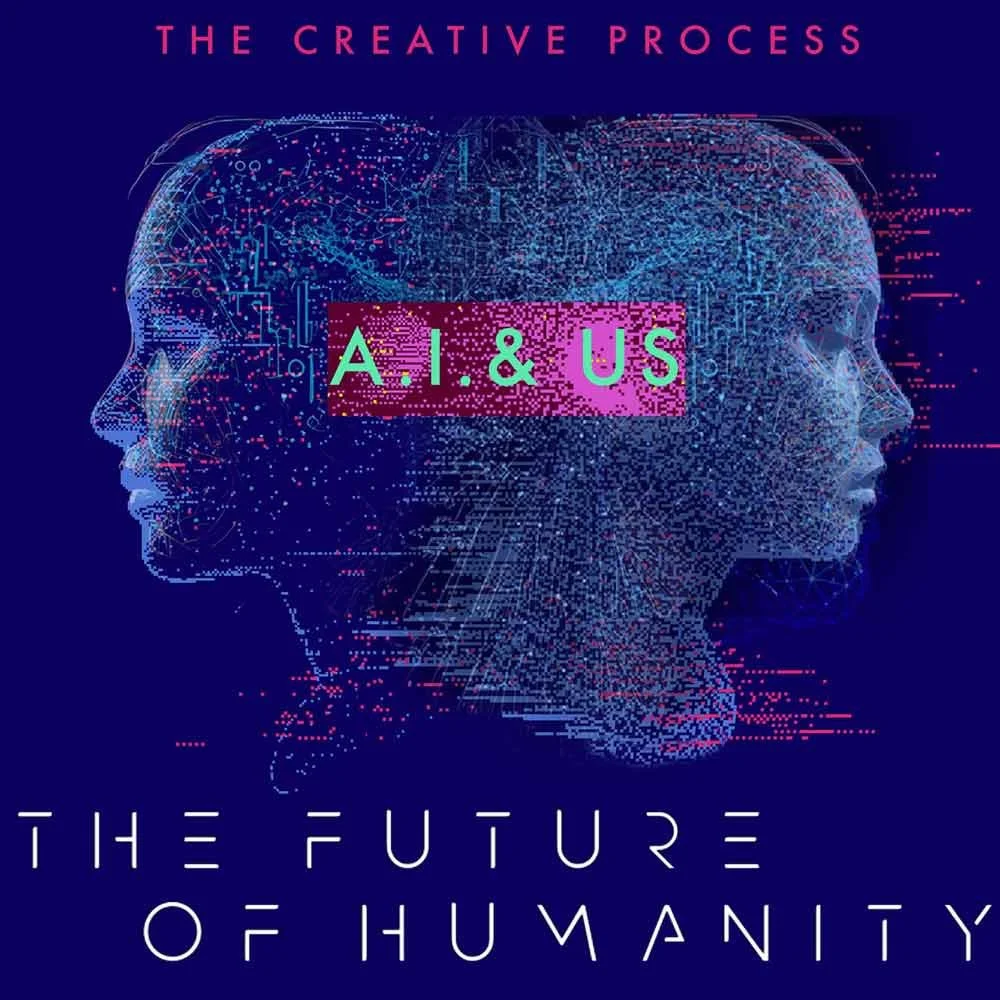THE CREATIVE PROCESS
You play the double bass. Do you play any other instruments?
BERNARDO MOREIRA
I play the double bass as a professional musician. I don't consider myself a piano player, but I play a little bit of piano, of course. Every musician should play a little bit of piano to understand harmony. And if you want to compose or to arrange music, you need to know basic piano. So I play a little bit of piano. Actually, I started to play guitar before the double bass, because it was not so easy to get a double bass 40 years ago. My father was a bass player, but he never had a bass at home. So I started to play guitar first, and I was really into Bossa Nova and those chords from João Gilberto, and it was a big influence in my early years. But then I found a double bass when I was sixteen or seventeen– it was a terrible double bass, but it was enough to start with. Today, that sounds kind of late to start learning an instrument, but back then it wasn’t so terrible. Now you have small double basses that kids of nine, ten years old can start playing. In the eighties, if you were small, you could not play double bass, basically.
*
It took me some time to understand where I was going to see myself. It’s true that, at home, me and my brothers had a beautiful cultural environment because my father was, not a professional musician, but a jazz lover. He was really into jazz music and really passionate about it. But he was never a professional musician. He was an amateur. My mother, also, was a teacher and a writer, so I think we had this environment at home that got us into music. We were always listening either to opera or to jazz. Of course, we had our preferences when we were kids– we loved The Beatles and The Rolling Stones. But we always had this different approach because of our mother and father. Everything that influenced us came through them, even if we didn’t know it. When I was fourteen or fifteen I started to feel a need to play an instrument. And one thing that helped a lot was the fact that we were four brothers and we started to play music together. We had this small combo happening at home almost every day, every hour. And it was a quick sensation– immediately I understood that this was what I was going to do for the rest of my life.
*
I had so many people around me when I was young– famous poets like Ary dos Santos, one of Portugal’s greatest poets of the 20th century. Sometimes he would be there talking with my mother, and I had this information that was getting in, but I wasn’t aware of it. And then in the early days, when I had just started playing, I was really into modern jazz, which was very instrumental, so I didn’t really pay attention to lyrics. It took me a while to get interested in Portuguese music, and in that mixture between jazz, Fado music and Portuguese popular music. For a while I was into the importance of a good poem. Now what moves me most of the time is that mixture of cultures— trying to do something that you cannot find in other countries. If you are into a lot of American jazz, for instance, you can play great music, but you are always playing music that started elsewhere, you know? And for a European like me, it’s challenging to try and find what makes you different in such a big market. What sound can you try to create that you wouldn’t hear in France or in Japan or in New York? So that's a very difficult challenge, actually, because you try to get really into your heart and your emotion. And I think Portugal has a lot of good emotions in its popular music that you don't find elsewhere. The music I make always has a kind of nostalgic ambience. It's not always sadness. It's a melancholic approach that is very hard to put into words– you just need to feel it.
*
I would love if young people understood that art is one of the things that make you a human and not a robot. That's the difference. And if we could pass on that message, what makes us human beings, it's exactly our ability to feel. We need to do it in the schools and the teacher should be the most important person in the world right now - good teachers who pass that message to young people. They need to focus on the important things to get that capacity to concentrate. If we lose the concentration capacity, then we are becoming robots, and so for me, the challenge is really for the young people and teachers, telling them the importance of paying attention to the important things.
This interview was conducted by Mia Funk with the participation of collaborating universities and students. Associate Interviews Producers on this episode were Katie Foster and Donna Sanders. The Creative Process is produced by Mia Funk. Additional production support by Sophie Garnier.
Mia Funk is an artist, interviewer and founder of The Creative Process & One Planet Podcast (Conversations about Climate Change & Environmental Solutions).




















